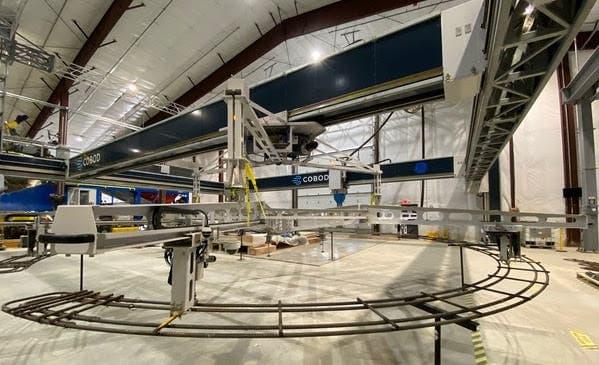May 1, 2022
The basics of decentralized finance
Posted by Gemechu Taye in categories: blockchains, computing, cryptocurrencies, finance, information science, mathematics
Decentralized finance is built on blockchain technology, an immutable system that organizes data into blocks that are chained together and stored in hundreds of thousands of nodes or computers belonging to other members of the network.
These nodes communicate with one another (peer-to-peer), exchanging information to ensure that they’re all up-to-date and validating transactions, usually through proof-of-work or proof-of-stake. The first term is used when a member of the network is required to solve an arbitrary mathematical puzzle to add a block to the blockchain, while proof-of-stake is when users set aside some cryptocurrency as collateral, giving them a chance to be selected at random as a validator.
To encourage people to help keep the system running, those who are selected to be validators are given cryptocurrency as a reward for verifying transactions. This process is popularly known as mining and has not only helped remove central entities like banks from the equation, but it also has allowed DeFi to open more opportunities. In traditional finance, are only offered to large organizations, for members of the network to make a profit. And by using network validators, DeFi has also been able to cut down the costs that intermediaries charge so that management fees don’t eat away a significant part of investors’ returns.


















